If you click on a link and make a purchase we may receive a small commission. Read our editorial policy.
Marvel's Mafia Mystery: What created the Maggia, and why did we fuhgeddaboudit?
Before Marvel comics would reference the real-world mafia, they created a fictionalized version called 'the maggia.' Now, we're asking why
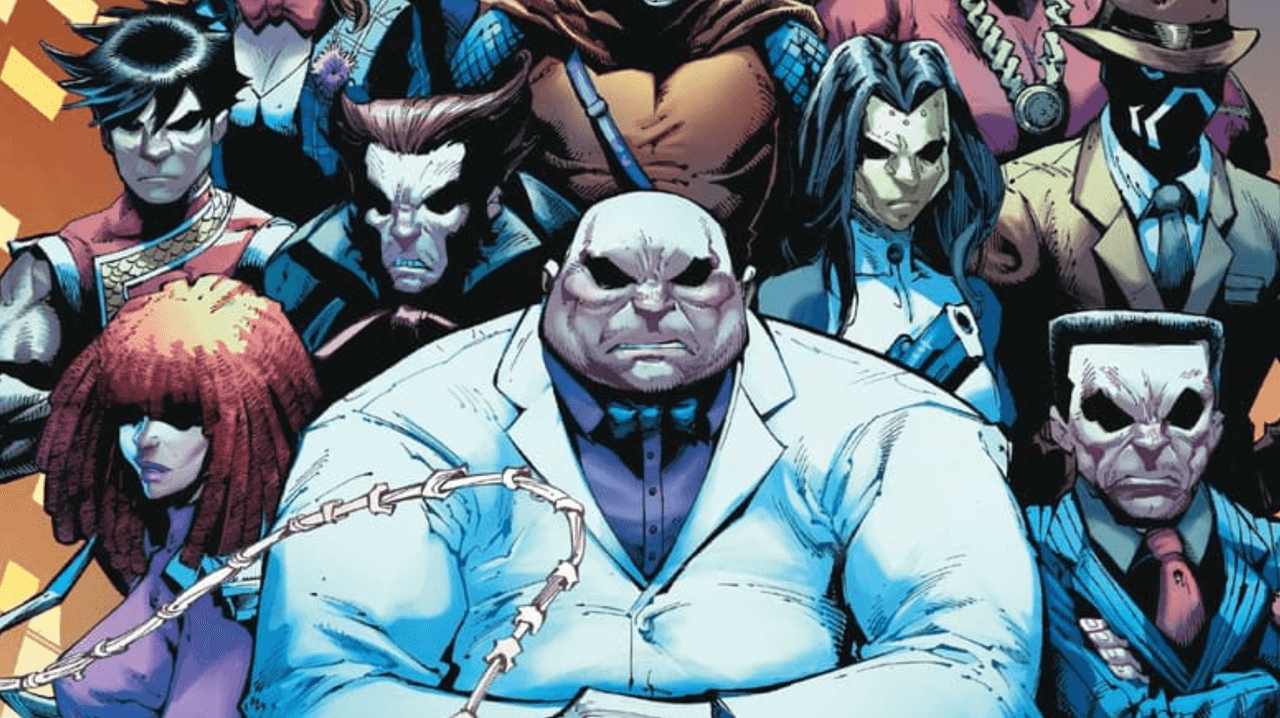
Popverse's top stories
- Tom King describes his “all-encompassing” relationship with DC Comics and DC Studios as one of "love" and "potential"
- Even J.R.R. Tolkien left gaps: Mistborn creator Brandon Sanderson explains why total worldbuilding is a trap for new writers
- DC is using its Absolute line to quietly set the stage for Vertigo Comics’ return in 2026
They're organized into families. They run criminal activities in large cities like New York and Chicago. They are constantly at war with each other and the law, operating in the shadows to secure power. You might think I'm talking about the Mafia, but I'm actually referring to a fictional criminal element: the Maggia, created and maintained by Marvel Comics. Of course, its similarities to the real-life Mafia are extant - you can get as much just from reading this opening paragraph - and that might lead you to a seemingly obvious question:
Why didn't Marvel Comics just use the real Mafia instead?
We're going to get into the (mysterious) origins of the organization momentarily, but first, a short history lesson.
Making its debut in Issue #13 of the very first Avengers run, the Maggia was created by Marvel legend Dan Heck and showman-in-chief Stan Lee. It would go on to toe the line between true-crime allegory and pure comic book silliness (at one point, the Maggia was revealed to have been an invention of the Dormammu-spawn Satannish) until eventually settling down as a kind of Mafia-lite that uses superhumans as goons and occasionally organization heads. The group continues to appear both in Marvel Comics and in their adaptations, notably in The City That Never Sleeps DLC for the 2018 Spider-Man game.
But here's the thing - in those six long decades, the Maggia were never so different from media depictions of the mob as to warrant it being a separate group. It wasn't like S.H.I.E.L.D., which served a different purpose than the FBI and CIA and thereby had to be a different organization. So why did Marvel go through all the editorial trouble to create and retain this criminal organization?
One theory begins with a pretty common villain in comic book archives, and we're not talking about the superpowered or mobbed-up kind.
Blame it all on the Comics Code Authority
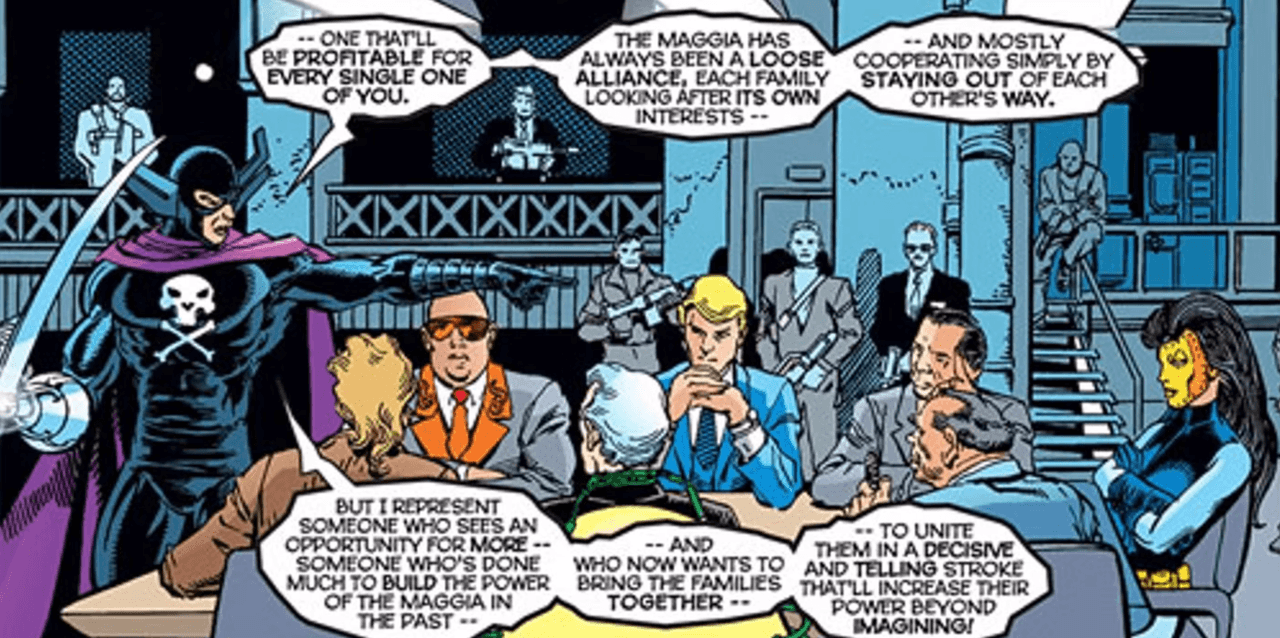
To call the Comics Code Authority the Puritans of comics history is a bit too harsh - the Puritans, after all, had cooler hats. But, like the religious fanatics of early colonial America, the Comics Code had a rigid moral code that must be obeyed at all times, lest comic publishers between the 1950s and '80 be met with ostracization. I'm not going to post the entire code for you here (though you can read the full thing on the Comic Book Legal Defense Fund's website), but I will draw your attention to the fifth tenet of the Code, written here:
- (1) Crimes shall never be presented in such a way as to create sympathy for the criminal, to promote distrust of the forces of law and justice, or to inspire others with a desire to imitate criminals.
- (5) Criminals shall not be presented so as to be rendered glamorous or to occupy a position which creates a desire for emulation.
You can see how presenting criminals as organized, even though it's true to life, could be looked upon as breaking either of these bylaws. So, one theory that numerous fans have put out over the years is that the Maggia were created as a kind of lazy stand-in for the real Italian Mafia (a "fig-leaf" as one blogger at Writeups.org put it). This theory is supported by something going on down the street from Marvel, as DC Comics went years without publishing stories featruing Batman's most mobbed-up rogue, Two-Face.
However, as with many weird roundabout ways of dealing with the Comics Code, there's no actual confirmation that this is 100% the reason that Marvel created their off-brand Cosa Nostra. In fact, one person working at Marvel during that time tells it another way, and in his estimation, there's a more positive reason for the change.
An effort to fight Italian-American stereotypes
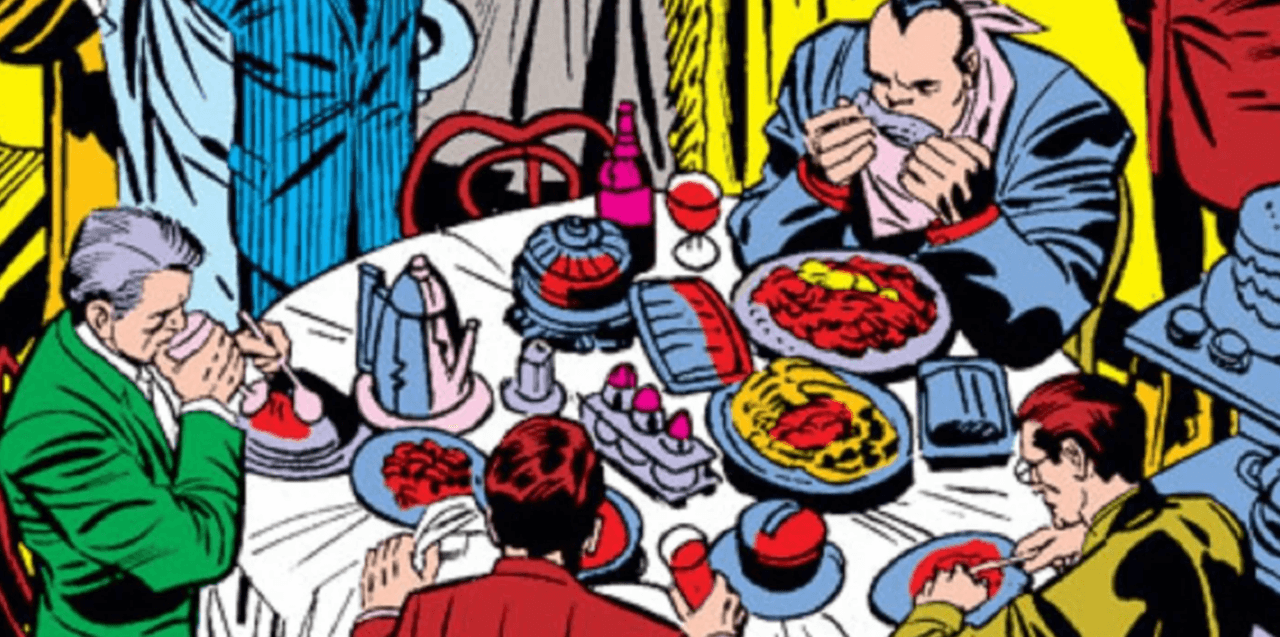
Ever since the entertainment world began using the Italian Mafia in stories, it's inspired its share of detractors. The usage of predominantly Italian criminals, they say, prolongs an inaccurate and harmful stereotype of all Italian-Americas. In fact, the idea has gone even beyond your typical mob movie, with folks like Dr. John Gottone critiquing 2023's House of Gucci for Psychology Today. With that long stretch of pigeonholed roles for an entire people group, you could see how at least some media companies would want to move away from depictions of an Italian Mafia.
Which, according to John Byrne, is exactly what Marvel was trying to do.
Byrne, legendary X-Men artist and Fantastic Four writer, wrote on his blog that the invention of the Maggia was due to "Marvel wanting to avoid problems with Italian Americans." The claim comes from a source that was certainly on the inside at Marvel at that time, and yet, one can't help but wonder why, if this was the case, Marvel chose such an obviously Italian-sounding name to replace their mob with. Of course, you're dealing with a bunch of white dudes handling stereotypes in the 1960s, so even the most well-intentioned efforts have their issues.
Some of them, entire comic issues. Hah.
But maybe the most interesting theory behind the Maggia does not deal with any cultural influence on Marvel, good or bad. That theory is the most unproveable of the bunch, but it's certainly fascinating to consider whether...
Marvel had reason not to piss off the mafia
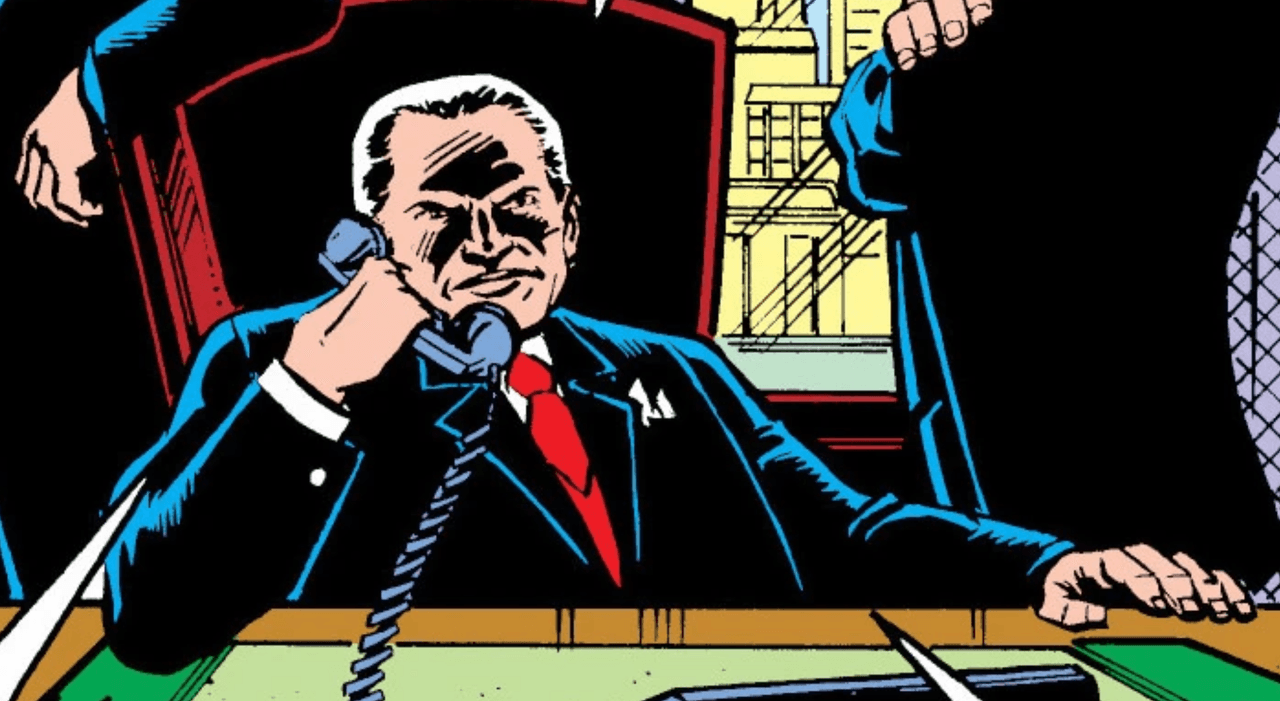
Writing for Comic Book Resources in 2018, Brian Cronin posits the idea that Marvel didn't want to piss off the mob because, as a company that relied on the distribution of maagzines, the mob's involvement in that trade could make their jobs harder, maybe even dangerous. Back in the days the Maggia first appeared in their comics, Marvel relied on independent distributors that held a large amount of power over the trafficking of their products "Due to this, in effect, monopoly over local distribution," Cronin writes, "these local distributors were key targets for organized crime, as it was a constant influx of income with not a TON of oversight."
Like the Italian stereotype theory, this idea also has its apologists directly from the House of Ideas. Longtime editor Jim Shooter once wrote that "At one point, I wanted to stop shipping to an ID that was blatantly screwing us. Ed [Direct Market, Marvel’s V.P. of Circulation, Ed Shukin] dug his heels in. He said the owner there wasn’t someone you wanted to piss off. It wasn’t worth two broken legs."
So what's the real reason behind the mysterious Maggia still running amok in the Marvel Entertainment Empire? There's a chance that we'll never know. But just like any good mob story, there's a high probability that someone out there knows exactly why... and that that someone isn't in the mood to talk about it.
Find yourself in the Marvel U with our MCU watch order, best Marvel Comics list, all of the MCU movies ranked, and our weekly column on all things Marvel - Marvel Matters.
Follow Popverse for upcoming event coverage and news
Find out how we conduct our review by reading our review policy
Let Popverse be your tour guide through the wilderness of pop culture
Sign in and let us help you find your new favorite thing.


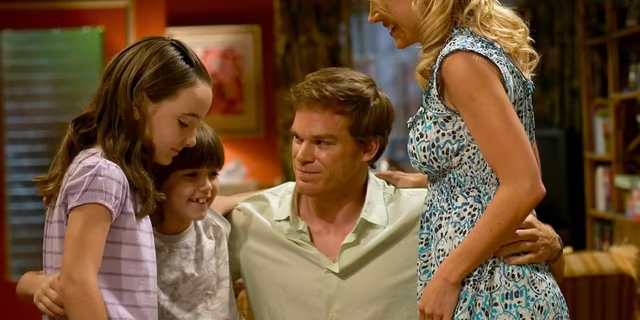
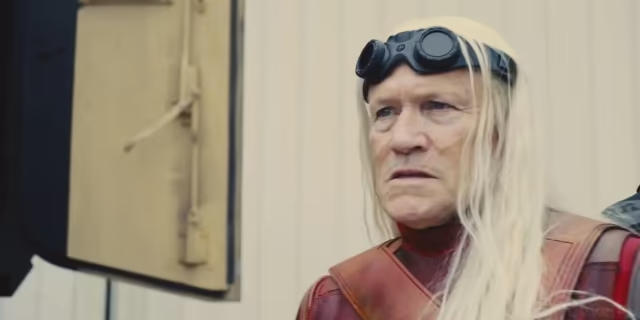

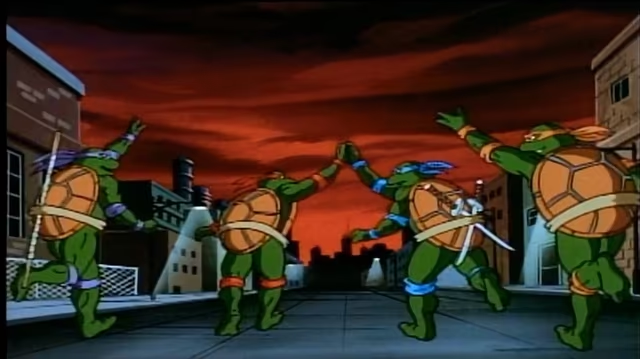
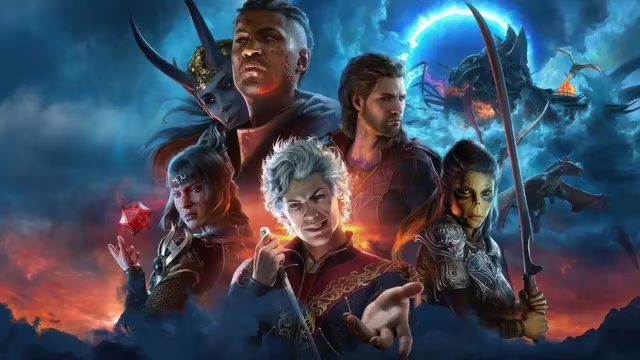
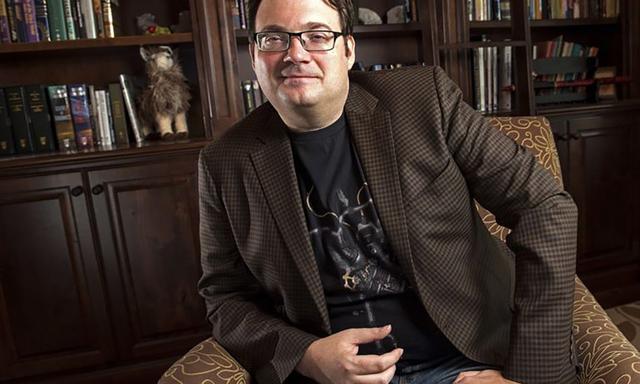
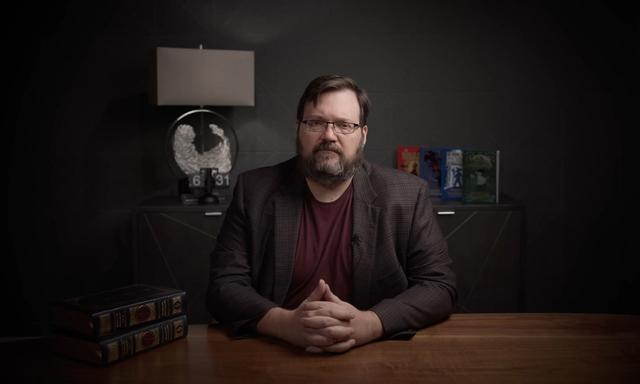
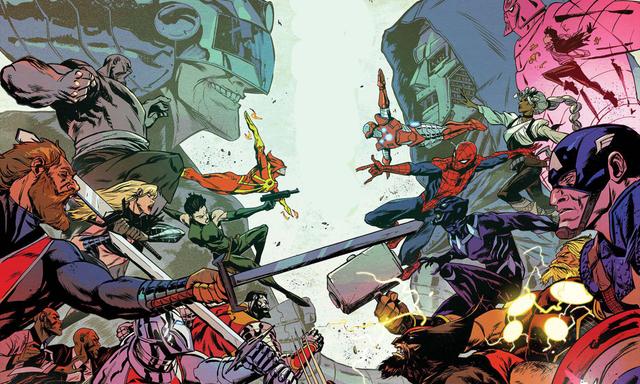

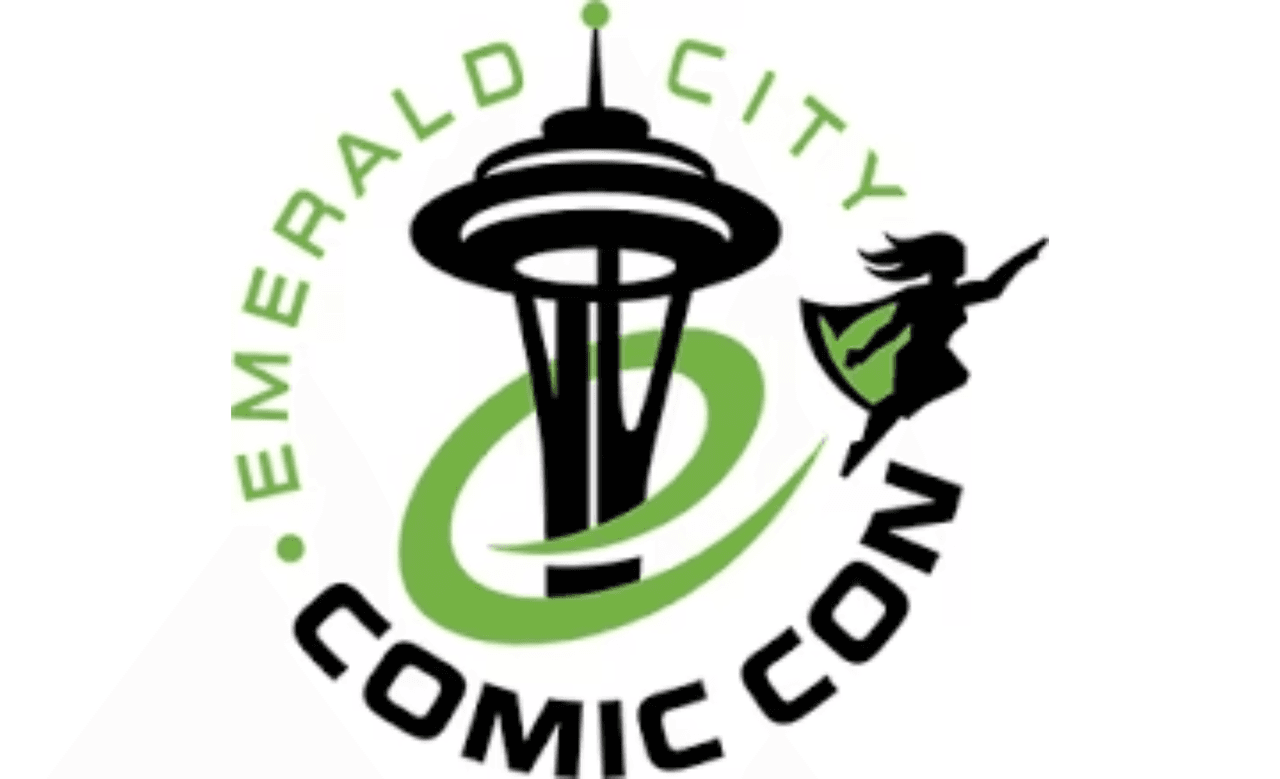
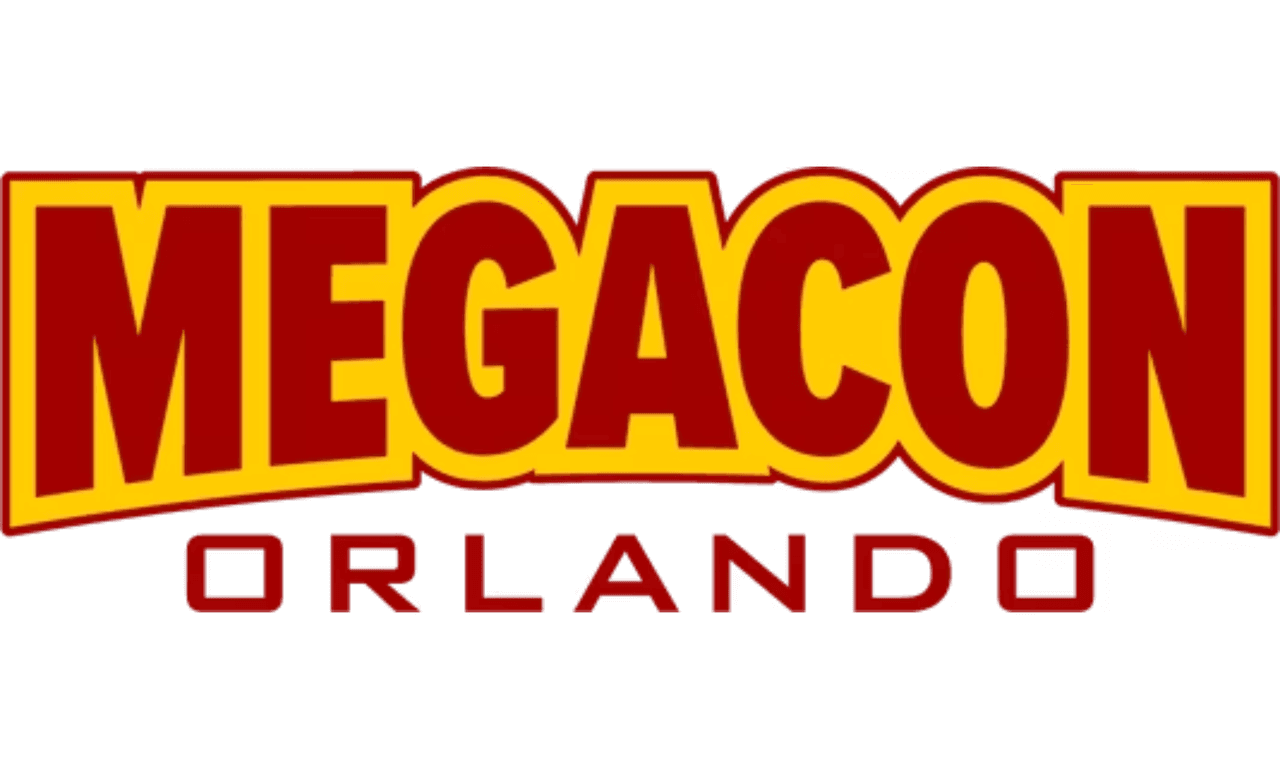

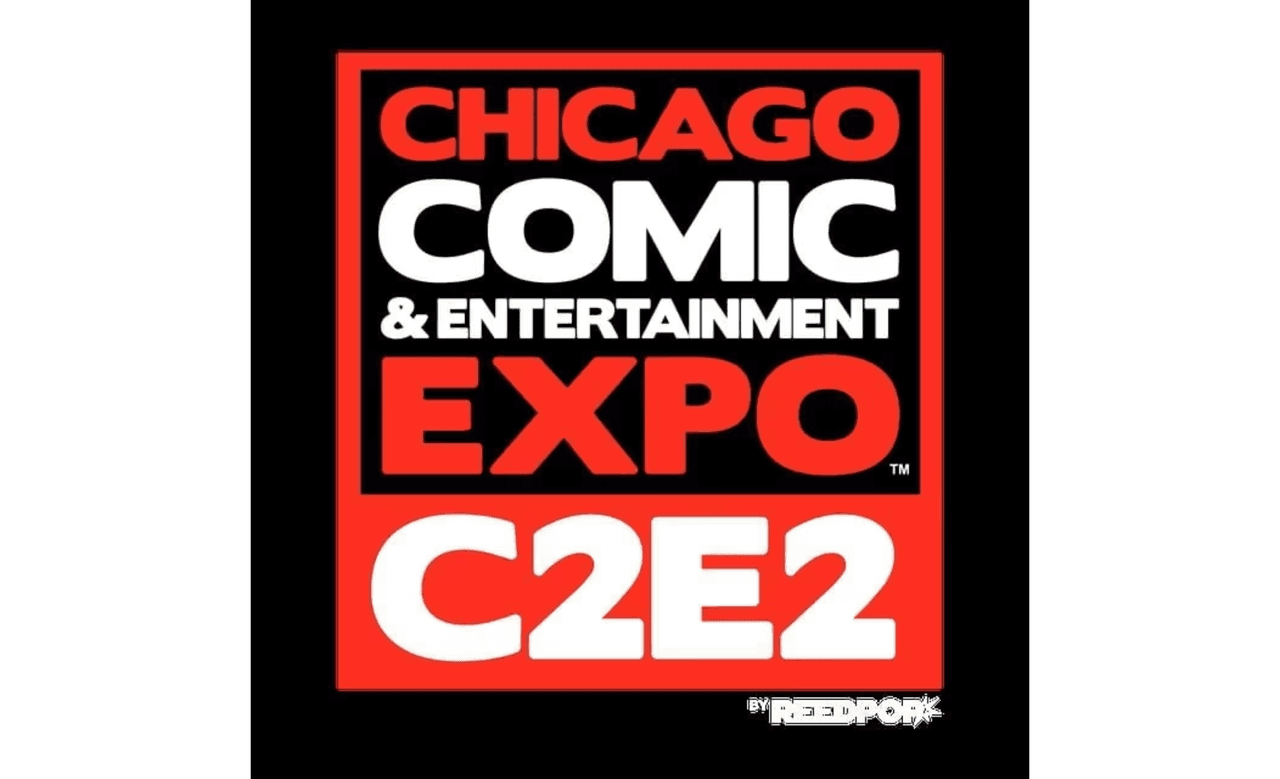
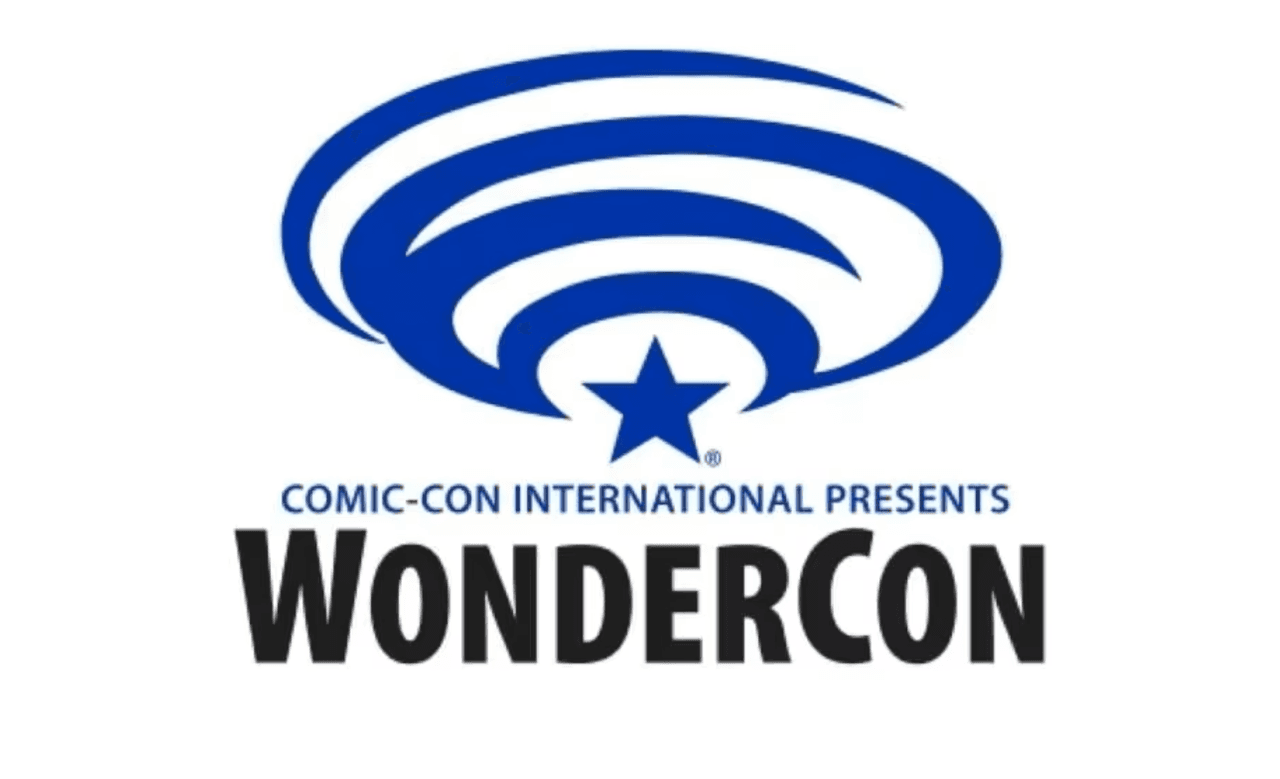
Comments
Want to join the discussion? Please activate your account first.
Visit Reedpop ID if you need to resend the confirmation email.